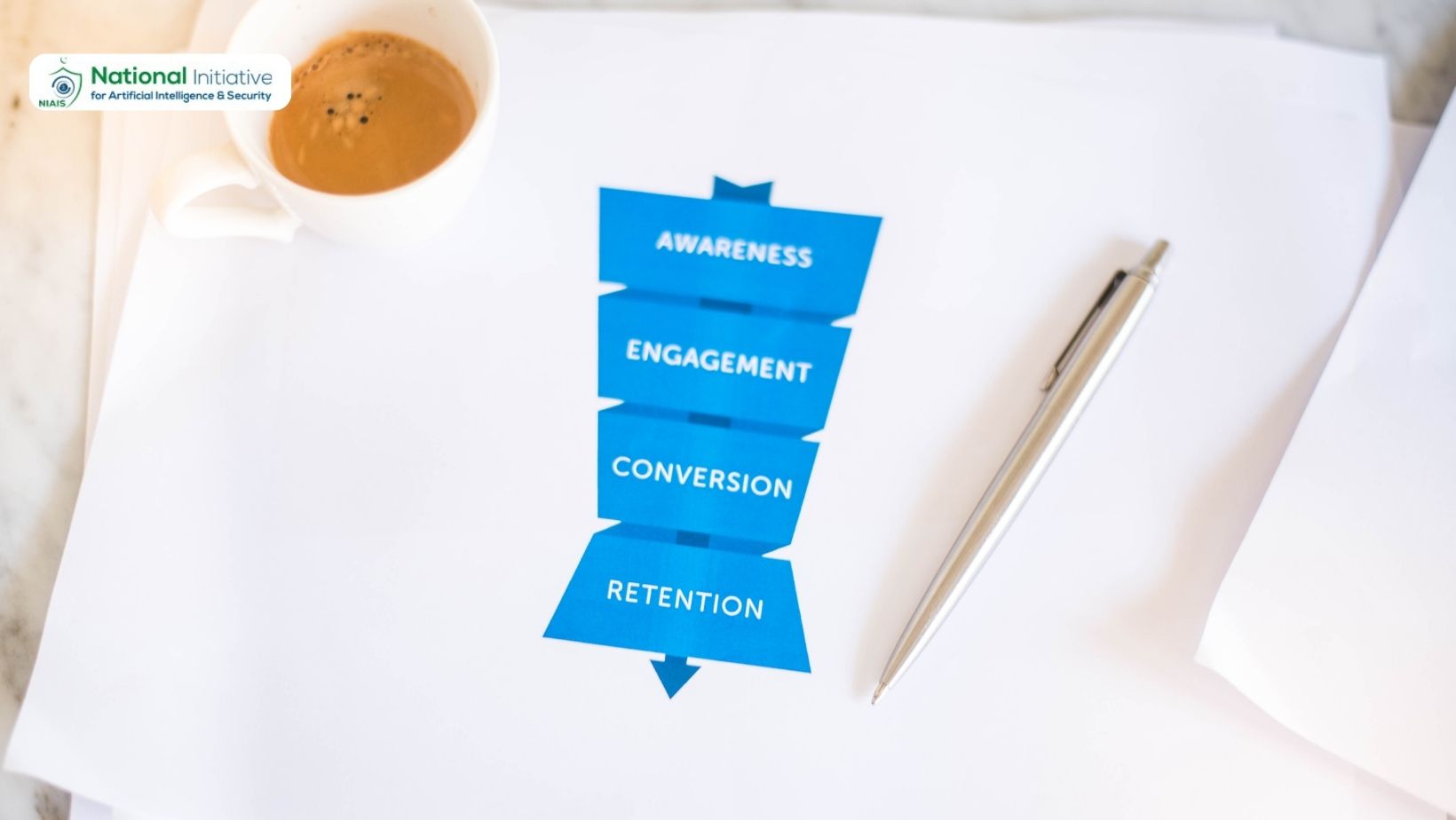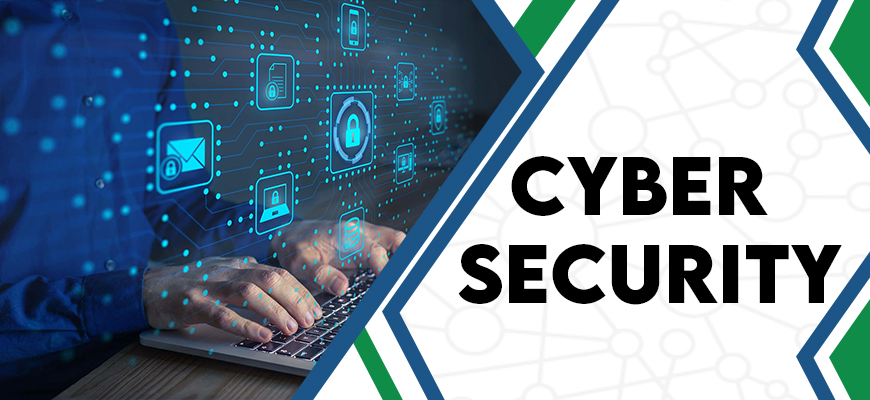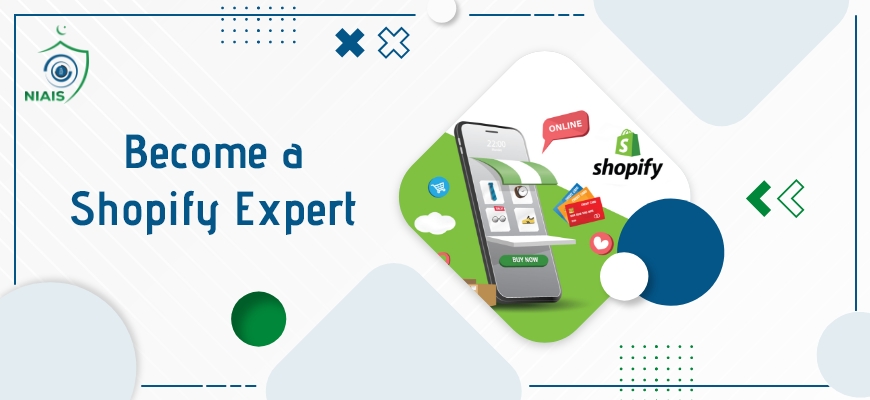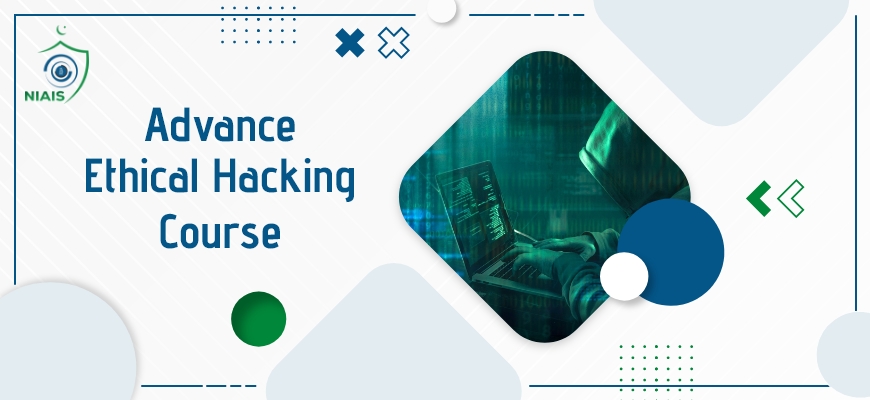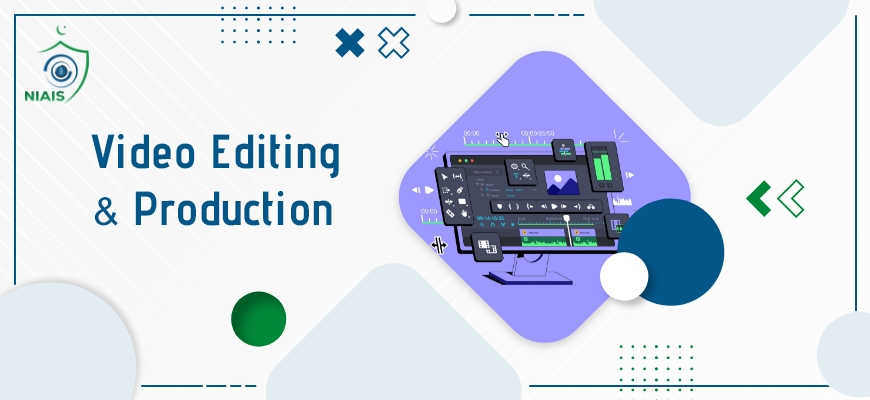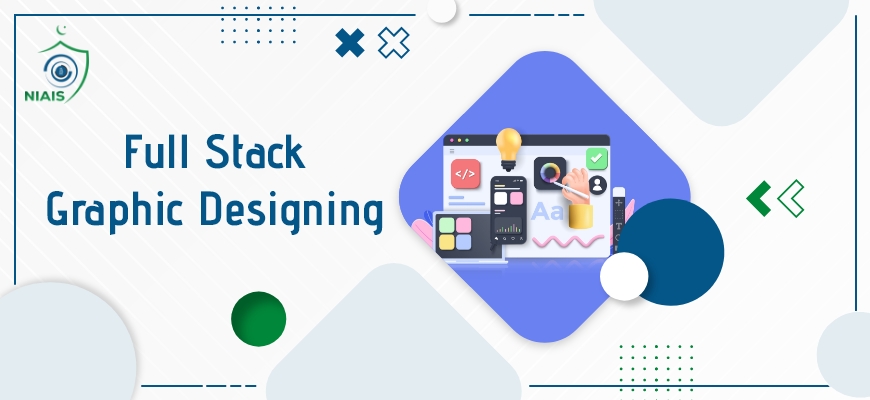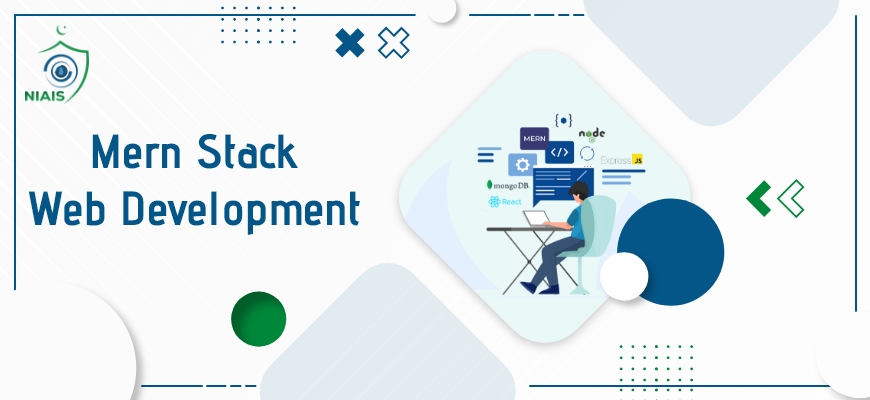Understanding the Marketing Funnel A Comprehensive Guide
In the realm of digital marketing, understanding the concept of a marketing funnel is crucial for effectively attracting, engaging, and converting potential customers. Often depicted as a visual representation of the customer journey, the marketing funnel outlines the stages that individuals go through before making a purchase or completing a desired action. In this comprehensive guide, we'll explore what a marketing funnel is, its key stages, and how businesses can leverage it to drive success in their marketing efforts.
What is a Marketing Funnel?
At its core, a marketing funnel is a framework that illustrates the customer's progression through various stages of the buying process. It represents the journey from initial awareness of a product or service to making a purchase decision. The funnel analogy is apt because, like a physical funnel, it starts with a broad audience at the top and narrows down as prospects move through each stage.
Key Stages of the Marketing Funnel
Awareness:
At the top of the funnel (TOFU), potential customers become aware of your brand, product, or service. This stage is about capturing attention and generating interest through tactics such as content marketing, social media, advertising, and search engine optimization (SEO).
Interest/Evaluation:
In the middle of the funnel (MOFU), prospects express interest in your offering and actively seek more information. They may engage with your content, sign up for newsletters, or compare your products/services with competitors'.
Decision/Conversion:
The bottom of the funnel (BOFU) is where prospects are ready to make a decision and take action. This stage involves converting leads into customers through strategies like email marketing, retargeting ads, free trials, or special offers.
Retention:
Post-purchase, the marketing funnel doesn't end. Retention is crucial for fostering customer loyalty, encouraging repeat purchases, and generating referrals. Strategies like email marketing, loyalty programs, and exceptional customer service play a vital role in this stage.
How to Leverage the Marketing Funnel
Targeted Content Creation:
Develop content tailored to each stage of the funnel to address the specific needs and concerns of your audience. Use blog posts, videos, case studies, and whitepapers to educate and engage prospects at different stages.
Segmentation:
Divide your audience into segments based on their behavior, demographics, or interests. This allows you to deliver personalized messaging and offers that resonate with each segment's needs and preferences.
Lead Nurturing:
Implement automated email sequences and targeted campaigns to nurture leads throughout the funnel. Provide valuable information, address objections, and gently guide prospects towards making a purchase decision.
Optimization:
Continuously analyze and optimize your marketing funnel to improve conversion rates and overall performance. Test different strategies, messaging, and channels to identify what resonates best with your audience.
Conclusion
In conclusion, the marketing funnel serves as a roadmap for guiding prospects through the customer journey, from initial awareness to conversion and beyond. By understanding the key stages of the funnel and implementing targeted strategies to engage prospects at each stage, businesses can effectively attract, nurture, and convert leads into loyal customers. Embrace the power of the marketing funnel in your digital marketing efforts, and watch as it drives success and growth for your business.

